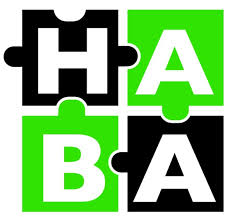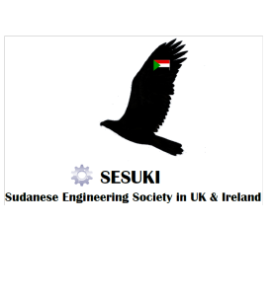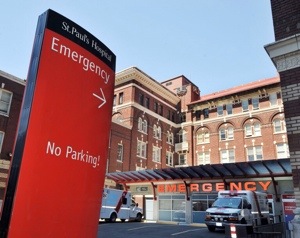 I have recently asked myself how Sudan would have been so different the Vice President of our nation hadn’t so tragically died in a suspicious helicopter crash way bak in 2006, now more than 10 years ago.
I have recently asked myself how Sudan would have been so different the Vice President of our nation hadn’t so tragically died in a suspicious helicopter crash way bak in 2006, now more than 10 years ago.
The two main questions we as Sudanese people of all ages and across the two divides both north and south are…
Were we, are we, or will we ever be ready to be ruled by a tribe from the south or even the west for that matter which would have been case as most likely Vice President John Garang would have won in a landslide at the next possible elections, even with if the elections were not too transparent.
Would the South vote to leave? And would there be peace all over Sudan. I believe the country would have remained whole, and the fighting in Darfur would have ended. With no new fighting breaking out in Kordofan or Blue Mountains.
The CPA was such an amazing and long document….and if it had been fully implemented then Sudan would have had a chance.
One of the things the CPA wanted to do was to remove the army outside of Khartoum, this would have led to stability and stopped the constant army coupes that are all too frequent in Sudan’s recent history.
Also the integration of the South People’s Liberation Army (SPLA) with the regular army would have created a powerful protective force which would have allowed us to be removed from international influence, and would have given us the ability to make our own influence felt both in the arab world and the african world alongside being an international force.
Economically we have been destroyed. Our currency war and hyperinflation would never have happened. Instead of our economy shrinking every year for the past six years, we would have seen massive growth. The oil flow would not have been interrupted and we would most likely have stuck to the 50/50 split with the south which would have helped transform Sudan. 
The period from the beginning of the negotiation of the CPA and the death of John Garang from 2004-06 was a period of stability and major investment. Many roads were built and projects began. Imagine if this had continued along with strategic investment and proper planning on improving transport and logistics. I don’t think we would have the crazy and chaotic traffic that is not only creating so much pollution but ravaging the economy. Time wasting crossing those brides. While other countries think about making 12 or even 15 lane cars, our efforts are a little more short termisim. Why would we need 80 new medical universities but only four or five hospitals instead of forty or fifty.
Would we only have built one or two bridges between Omdurman and Khartoum, or more like five or six. And our airport has long since passed its maximum capacity without saying its size capacity being the starting point of the countries rapid boom in the capital khartoum, while even just across the river Omdurman and Bahri struggle to compete or catch up so what chance does any outside khartoum, or even outside Sudan.
Not just linking the twin capital cities, but a stable peace would link all the cities both by road and rail. Oil revenues would continue to flow as a united country and the insane currency war and hyperinflation that has bankrupted both the new nations.
With all these what ifs Would we be able to overcome the issues that continue to haunt us to this day, Garang once said a nation does not go to mosque on Friday, nor does it go to church on Sunday. Also Garang warned about Abeiy. He had plans for all the major issues which we as a culture are afraid to address as well as showcase an identity that would have been inclusive and we could all believe in, it would have been a new sudan… Not the mostly empty words Barak Obama has said over and over “change u can believe in” and to be fair i don’t think he left the world in a better place than he found it, bearing in mind he also won a peace prize.
I just want to to think what could have been…and
No matter what it takes, one day we will get there, too many people gave their lives for a free identity that includes them that they can be part off, feel proud of, have no shame in, not be shamed by, included, ur uniqueness appreciated rather that shunned or a standard that everyone needs to conform too.
And as so many people do find that in our Sudanese music, sudanese foods, Sudanese traditions. But look around us….what spperates us is more than brings us together; age, male/female, proffession, marital status, let alone all the under current ones; family, tribe, diaspora, where they live, level of arabic, skin colour, wealth or whatever else we subliminally judge as “sudanese”.
The way I see it with over 500 tribes and languages we have to celebrate our uniqueness, our diversity, and use that to bring us together not tear us apart.
Unify in our diversity so we prosper together… Unity, Diversity, Prosperity…










